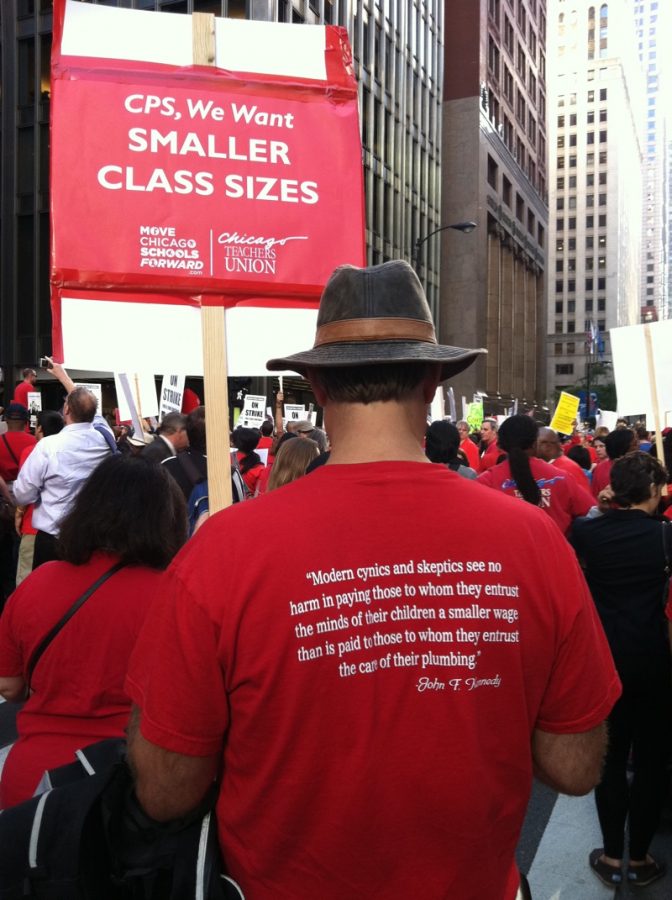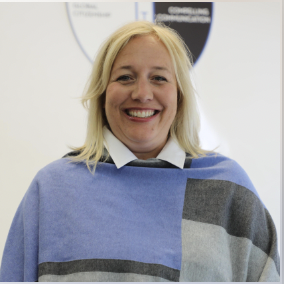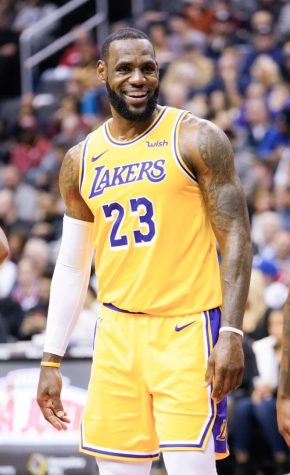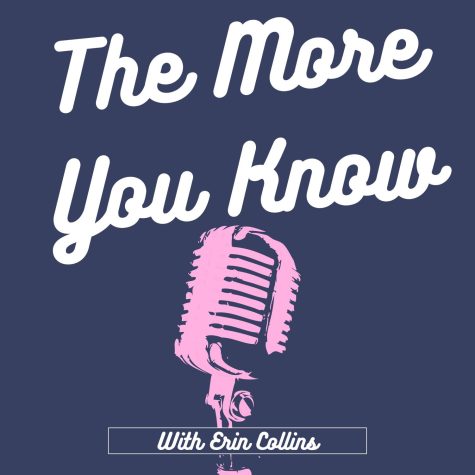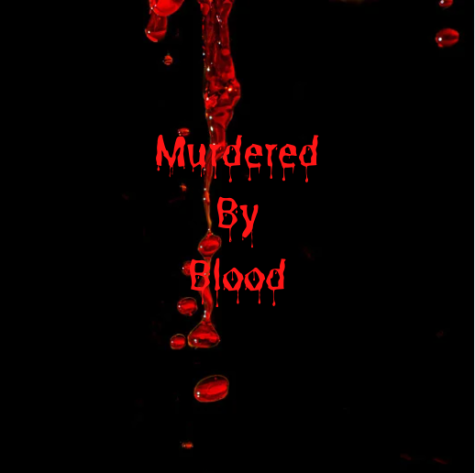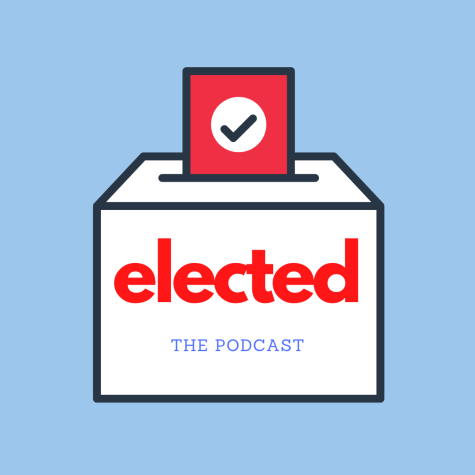CPS Strike Is Finally Over
The aftermath from the CPS 15 day strike has positive and negative effects.
Photo Credit/ Photo Courtesy of Wikimedia Commons
After a 15-day strike with over 32,000 Chicago Teacher’s Union (CTU) members marching in downtown Chicago, Chicago Public Schools (CPS) agreed to a five-year, $1.5 billion deal that will include the addition of hundreds of nurses and social workers, a new committee to supervise the reduction of class sizes, and salary raises for teachers.
In the negotiations, Chicago Mayor Lori Lightfoot had argued, “There is a finite pot of money. We don’t have unlimited cash to keep funding the things that are aspirational – maybe things that are values that we share.”
However, teachers disputed the mayor’s claim and said that the city indeed does have money, like the $95 million dropped on the rebuild of Chicago Police Academy, which, the union said does not know how to properly manage and spend the funds allocated to the Academy.
During this strike, CPS closed their schools for 11 days. Staff and students will now need to make up the five days on Nov. 27, Jan. 2 and 3, and Jun. 17 and 18, with teachers and staff being paid. CTU members aimed to make up all 11 days but were denied this during the negotiations. The 11 days out of the classroom came close to breaking the record of the longest teachers strike in Chicago’s history, which was 19 days of no classes for students in 1987.
Although the outcome of the strike will be beneficial for all CPS students, in the end, many problems came with the closure of the schools during the strike. The strike had halted academics, sports and college prep for about 350,000 students and their families. Students missed lessons, state playoff tournaments and an ACT exam date. Eight Public League football teams lost their chance to advance to the Illinois High School football playoffs for state championships.
With the negative side effects followed by many positive effects attained by going on strike, CTU and CPS will continue to find longer-lasting solutions that will satisfy both sides of the debate table as contracts are drawn up.
Chicago is fighting to make sure their kids are given fair access to the most powerful weapon: education.
As South African anti-apartheid revolutionary, political leader, and philanthropist and President of South Africa Nelson Mendela said, “Education is the most powerful weapon which you can use to change the world.”


